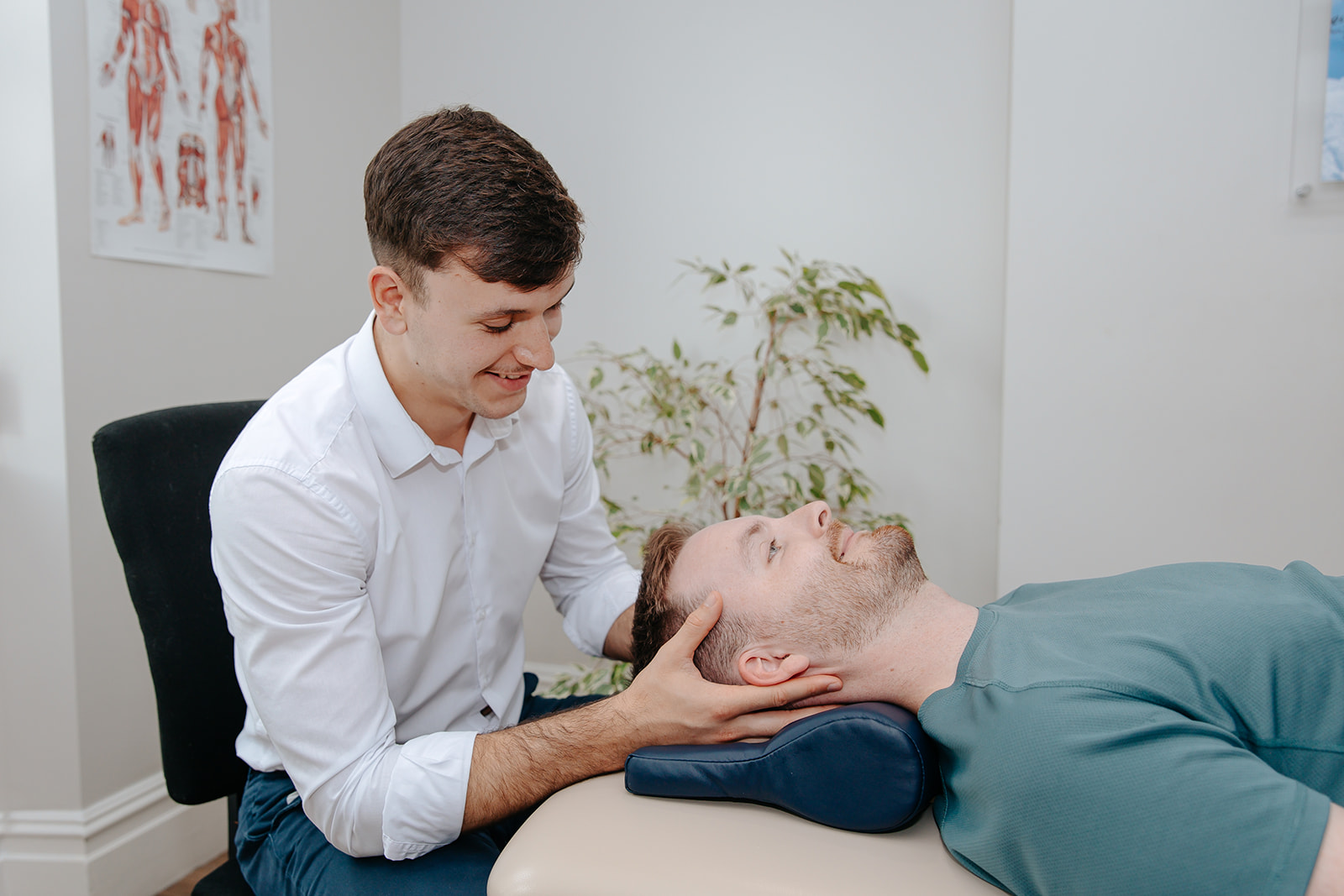Hatt Clinic
October 16, 2018
April 07, 2017

Worry and stress lead to the fight/flight response which is a physical reaction to real or imagined danger. While helpful in the short term, if this response is sustained over the medium to long term it can cause damage.
The fight/ flight response is designed to get you out of a dangerous situation. It involves increased steroid hormone releases such as adrenaline and cortisol.
This affects blood pressure, insulin release, immune function and inflammatory response. These changes result in increased heart rate, respiration rate, blood pressure and loss of digestion. Ideal when faced with a sabre-toothed tiger. Not so ideal when stuck in a traffic jam!
In a chronic situation, these stress responses affect cognitive performance, suppress thyroid function, slow down wound healing and immune response, contribute to loss of bone density, muscle strength and increase abdominal fat.
Frequent colds result from the loss of ability to fight infection. The sufferer may also notice poor sleep, loss of ability to cope, decreased confidence, difficulty concentrating and making decisions, headache, stomach upset, butterflies, irritability and lowered energy levels.
The best treatment is a multi-pronged attack on the causes of stress:
Try to address your priorities – It’s easy to get uptight about relatively trivial matters if you don’t stop and check your perspective
Social support is critical – A close friend, partner, family member or pet can provide the reassurance needed at vulnerable times
Physical exercise – Exercise changes the focus from mind to body, relieves tension and uses up excess adrenaline
Be aware that some people are more sensitive to stress than others – Monitor your mind and body for warning signals that you are starting to feel overloaded. Take action before everything gets on top of you.
You may like to try the following exercise as an instant stress buster. It is based on techniques used for meditation but you can work at whatever depth feels right for you:
Find a time and place that you can be sure you will not be disturbed and get into a comfortable position using pillows and cushions to support your body as needed. Bring your mind to your breathing. Do not try to change it; just observe your inhalation and exhalation. When your mind wanders bring it back to the breath. Initially try 10 minutes, notice how much more relaxed you feel afterwards.
Physiotherapists can provide relaxation techniques and advice on safe and enjoyable exercise programmes to build back mental and physical well-being.